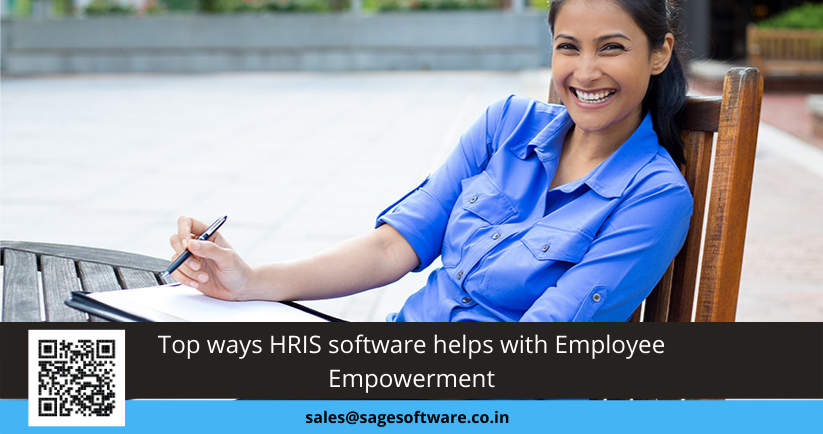Having a highly empowered workforce is a quintessential factor for every business to grow consistently. In fact, business owners always wish their employees to showcase initiative and a tinge of self-sufficiency to complete the tasks with minimal guidance. Also, promoting a work culture that reflects employee empowerment works greatly in boosting employee and job satisfaction levels.
However to the contrary, managers often in a bid to accelerate productivity tend to micromanage their subordinates unintentionally, which is a strict no-no. In fact, it is one of the grave self-destructive behaviors. Further, this might inadvertently lead to employee standoff. Hence, managers ought to have a robust means to monitor employee activities without hampering their self-sufficiency factor in them.
HRIS or Human Resource Information System comes as an excellent solution to address this predicament, as it assists managers to supervise employee activities remotely whilst still providing them with self-sufficiency.
Role of HRIS Software in Employee Empowerment
HRIS makes it easy for businesses to empower their employees through the following:
1. Bolsters Management
Implementing an HRIS system is one of the prolific things that a business can do. This is because it can efficiently monitor, identify, and document a gamut of admin tasks like performance of employees, training, and hiring. This frees up managers from performing these cumbersome tasks and allows them to focus on other crucial business aspects. Furthermore, the system helps senior management personnel and HR managers in efficient conformation and rollout of critical government regulations.
2. Fosters Open Communication
Inferior or lack of internal communication and substandard training are often touted as the most common grievances faced by employees all across. HRIS can efficiently address these problems by offering a unified platform for internal communication as well as by automating the training process to a certain extent. For instance, HRIS enables all the employees in an organisation to access current news about the company, training schedules, upcoming events, etc., all on a single platform. Here, the system helps to empower employees with critical business updates and training insights without the need for any kind of management intervention.
Another great example: A simple message of “Great Job” on the unified platform to recognize an employee’s good work is a sure-fire turbocharger in terms of valuing the employee and making him feel an important resource/asset.
3. Company-wide Empowerment
Yes, HRIS does help in company-wide empowerment apart from the aforementioned rewards. This is because the collaboration created when everyone in a company is on the same page is truly incredible. Business owners and top management personnel can rest assured that all company updates and messages reach employees in a timely and seamless manner promoting a two-way communication channel. Last but not the least, it makes employees feel involved and the crux of an organization.
Upshots of Employee Portal
Ramifications of employee empowerment triggered by an HRIS software undoubtedly are sure-fire and enterprise-wide. Employees with heightened satisfaction levels tend to take fewer leaves and reduced HR redundancies lead to a more productive and agile HR department. Most importantly, happy employees facilitate their managers to focus on their core operational activities thus, reducing costs and boosting productivity as well as revenue. Therefore, it can be concluded that HRIS creates as well as fosters a win-win situation for both employees and businesses.
For more information on HRIS software and HR Software for startups write to Pocket HRMS Team at sales@pockethrms.com








